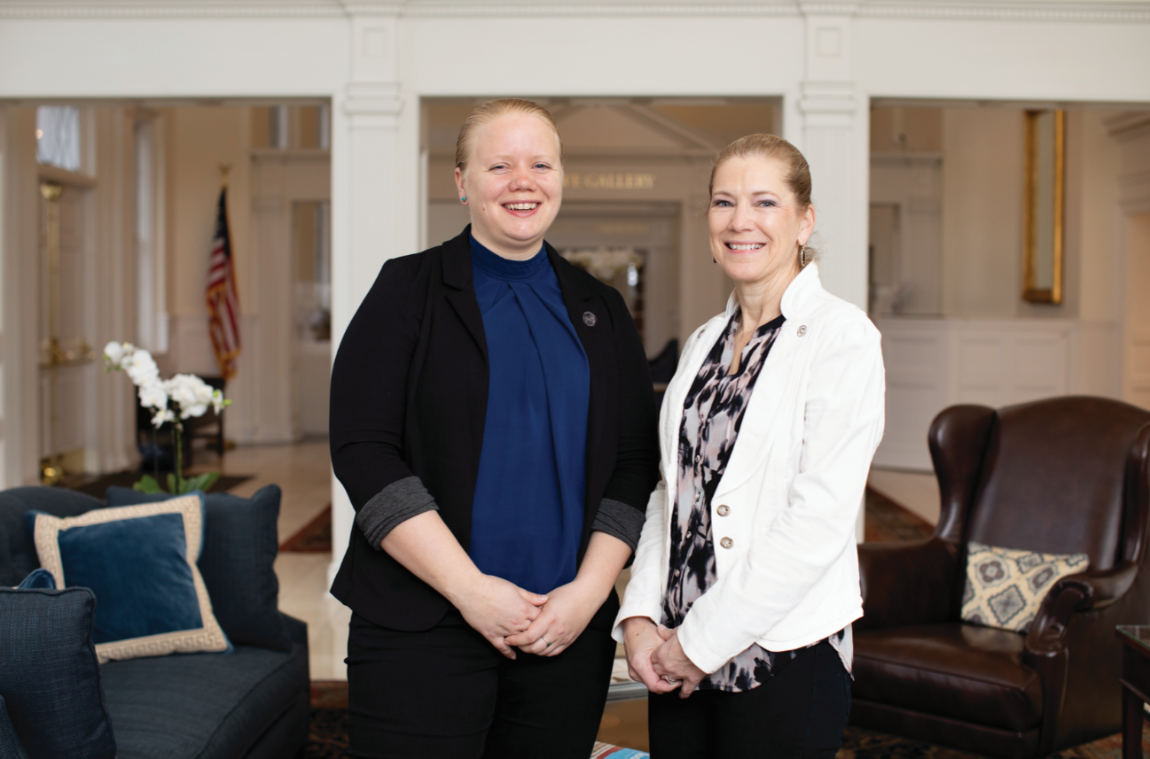

It might be an easy peanut butter bird feeder made from ribbon and cardboard tubes. It might be making cookies.
These are examples of the projects some Farmville-area children have been taking home in their backpacks as a way to encourage families to sit down and spend time together, creating extraordinarily valuable involvement that many families say they just can’t seem to find time for.
During the last year, Longwood students have been sending home pre-packaged family activities to area Head Start classes and collecting data on whether those families feel closer to each other.
“The biggest thing parents say is they don’t have the time to engage with their children as much as they want to,” said Kayla Barner ’19, who is analyzing the data and will present key findings at a conference in April. “We designed these activities to specifically address that challenge, and we’re using the data to make them even more effective.”
The multiyear project run by Dr. Lee Bidwell, professor of sociology, and Dr. JoEllen Pederson, assistant professor of sociology, involves multiple students and will culminate in some of them, including Barner, presenting at the Virginia Social Science Association conference this April.
The project began three years ago when Pederson and Bidwell embarked on a needs assessment in the community looking at family involvement. Using data gathered from parents and teachers in Prince Edward County, the professors and students took two tracks: developing and gathering data on easy, age-appropriate family activities within the Head Start community, and developing activities for parents and children at Madeline’s House, a local domestic violence shelter. In all, more than 80 students in three classes took part in the research project.
Haley Schultz ’21, a psychology and sociology double major and member of the Cormier Honors College, has adapted the family activities for distribution at Madeline’s House, where children deal with “adverse childhood experiences” like witnessing intimate partner violence.
Those activities, revolving around things like gardening and cooking together, and creating string art, done in safe, stable, nurturing relationship environments, help children build resilience in dealing with some of the trauma they have experienced, said Schultz.
